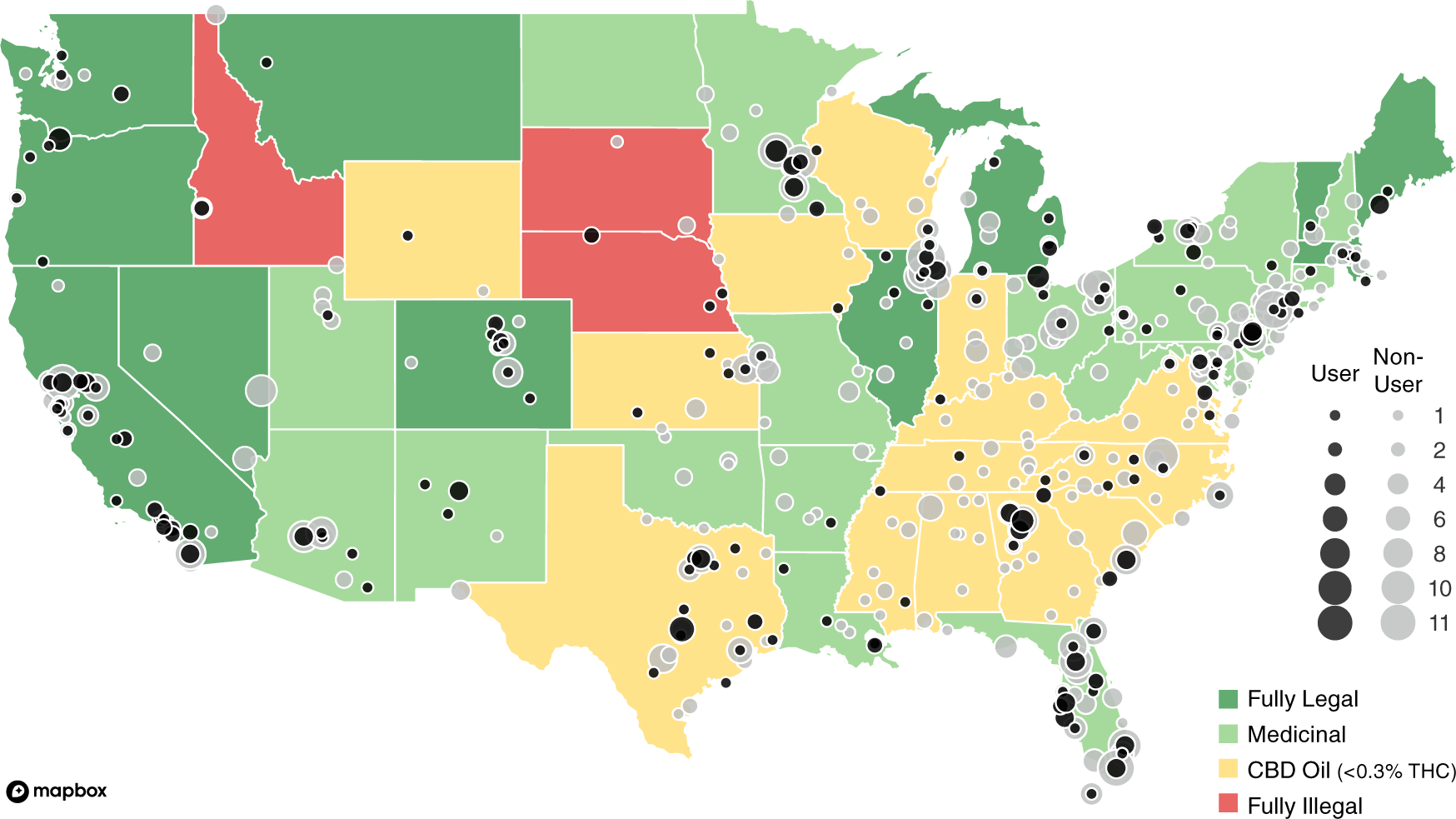A. The Paper

The paper Cannabinoid Receptors in the Central Nervous System: Their Signaling and Roles in Disease provides an in-depth exploration of the signaling mechanisms and functional roles of cannabinoid receptors in the central nervous system (CNS), as well as their implications in various diseases.
Cannabinoid receptors, particularly CB1 and CB2, are integral components of the endocannabinoid system, which plays crucial roles in regulating numerous physiological processes within the CNS. The intricate signaling pathways activated by cannabinoid receptors, including G protein-coupled signaling cascades, regulation of ion channels, and modulation of neurotransmitter release.
In the CNS, cannabinoid receptors have a lot of functions, ranging from the modulation of synaptic transmission and neuronal excitability to the regulation of neuroinflammation and neuroprotection. The paper discusses how the endocannabinoid system influences processes such as pain perception, mood regulation, memory formation, and motor control, highlighting the broad impact of cannabinoid receptor signaling on brain function.
B. Marijuana as a treatment

Importantly, the paper explores the involvement of cannabinoid receptors in various neurological and neuropsychiatric disorders, including epilepsy, multiple sclerosis, Parkinson’s disease, Alzheimer’s disease, schizophrenia, and anxiety disorders. They examine the potential therapeutic implications of targeting cannabinoid receptors in the treatment of these conditions, emphasizing the need for further research to elucidate the precise mechanisms underlying their therapeutic effects.
Moreover, the paper discusses the pharmacological modulation of cannabinoid receptors through exogenous ligands, including phytocannabinoids from cannabis plants and synthetic cannabinoids. The authors evaluate the therapeutic potential and limitations of cannabinoid-based medications in treating CNS disorders, highlighting the importance of considering factors such as efficacy, side effects, and individual variability in response.
C. The ethics
Cannabis research that can inform public health and keep pace with changes in cannabis policy and patterns of use requires funding. In the U.S., the National Institute for Health (NIH) is responsible for funding research across many health domains. However, because cannabis was historically perceived to have only negative effects, most cannabis research has been conducted under the auspices of the National Institute of Drug Abuse (NIDA).
Paradoxically, most harms related to cannabis arise from its illegality and the associated risks of seeking out an illicit substance. For example, criminalizing cannabis has led to territorial disputes, the constant fear of informants, and implicated people who use cannabis with other criminal behaviors.
Reference:
Cannabinoid Receptors in the Central Nervous System: Their Signaling and Roles in Disease
